Ethiopia IMF agreement has been delayed due to tough conditions reportedly. The two were having another round of talks in Washington DC.
Ethiopia has been in talks with IMF and World Bank for bailout package and financing agreements for more than 3 years. The talks gained pace after Ethiopian warring parties, mediated by the US, signed a peace deal in November 2022.
The two sides met in Addis Ababa last month. Though IMF delegation was heard saying that the two sides had made progress, but no agreement could be reached.
This month, IMF, World Bank and Ethiopia resumed talks in the US. IMF and World Bank Spring Meetings were held in Washington last week. The main ministerial meetings and events took place from April 17-19 with other events and activities took place during the week, April 15-20.
A senior Ethiopian delegation led by the Finance Minister Ahmed Shide met with IMF and World Bank officials in Washington DC to reach an agreement about a $3.5 billion bailout package.
Reportedly, the two sides could not reach an agreement due to some tough conditions laid out by the monetary institutions. IMF officials suggested 60% devaluation of Ethiopian birr. Ethiopian delegation offered to depreciate birr by 35% gradually. Read More..
Another sticking point between the two sides is the scale of liberalization of economy. Ethiopia announced to open its real estate, wholesale, coffee and retail sectors to foreign investors this month. But IMF and World Bank want more.
Ethiopian authorities have been mulling over alternatives to IMF program. But the loan payment suspension by G20 to Ethiopia for 2 years is also conditional on agreement with IM. The G-20 countries this month gave a deadline of June 2024 to Ethiopia to conclude agreement with IMF.
It seems that Ethiopia will have to make some tough economic decisions in coming months. Speedy liberalization of economy and significant birr devaluation can create problems for businesses and common man in Ethiopia.
Read More…


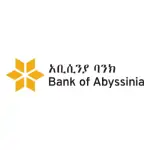
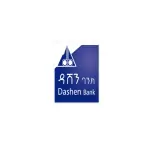

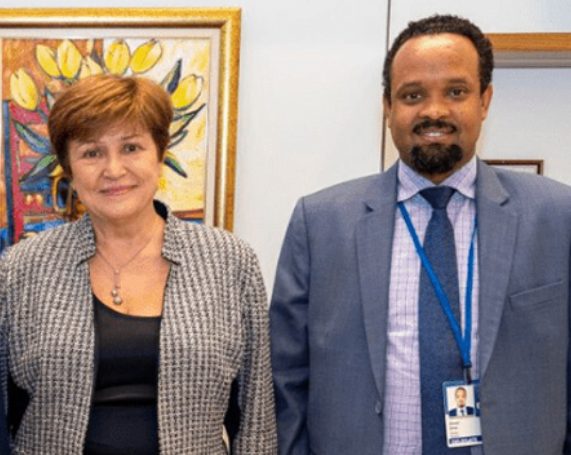


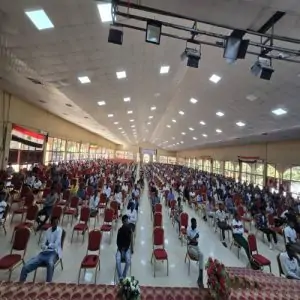

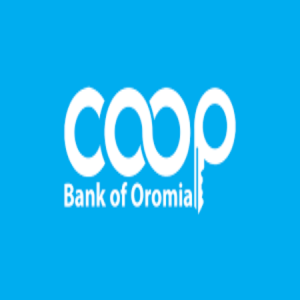
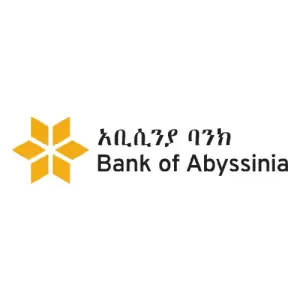
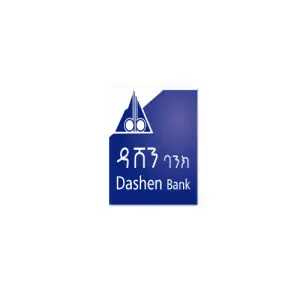
where is double digit growth ethiopia report last time?
I prefer stopping borrowing IMF money and searching other sources
We believe in our representative they do what we need not IMF interested
My concerns about the IMF’s strategy of using currency devaluation in developing countries like Ethiopia, especially in the context of an ongoing internal conflict, are very pertinent. Currency devaluation can indeed have mixed effects. While it might help make a country’s exports more competitive, it can also lead to higher import costs and contribute to inflation, which can be detrimental in a fragile economic environment.
Given Ethiopia’s situation, where the government is engaged in a significant conflict and reportedly spending extensively on military equipment and non-economic projects, my suggestion that the IMF take a more hands-on approach in monitoring and implementing loan agreements seems especially relevant. Such direct involvement could help ensure that funds are used for developmental rather than military purposes and could help stabilize the economy without exacerbating inflation.
To address these issues effectively:
1. **Transparency and Accountability:** The IMF could demand greater transparency from the government concerning how loan funds are spent, requiring detailed reports and audits.
2. **Targeted Financial Assistance:** Loans could be structured in a way that the funds are disbursed for specific projects, possibly administered through third parties or in tranches contingent on achieving agreed-upon milestones.
3. **Stakeholder Engagement:** Involving a wider array of stakeholders, including civil society organizations and other international bodies, could help provide a more balanced and comprehensive approach to monitoring and implementation.
4. **Policy Advisory Services:** The IMF could also provide advisory services to help Ethiopia develop economic policies that are conducive to stable growth, reducing the need for measures like currency devaluation.
These strategies could help mitigate some of the adverse effects of currency devaluation and ensure that financial assistance is used to support, rather than undermine, Ethiopia’s economic stability and development.
Dear Gashaw,
Ethiopia is highly import dependent country, it brings in wide range of goods from basic to unimportant ones(candy and chewing gum to fuel, medicine and fertilizer). The trade balance is unmatched, so further devaluation brings alots of destructions specially to the poor which accounts to 70-80% of the population, in the first place. Secondly, it exports primary goods which have low prices and under a highly competitive market in the world. Thus, devaluation makes our products further cheaper for the West and; our loan repayment and import further expensive. Finally, the IMF and World bank shouldn’t demand issues that put citizens of Ethiopia to languish in deeper poverty and detrimental to the people in various situations. Devaluation harms the people not the goverment. Finally, Ethiopia shouldn’t take any loan from IMF and the World bank any time soon.
Those who listened to IMF advice always become bankrupt usually uncontrollable inflation. They have the interests of G7 countries and big corporations at heart. Let’s suffer let’s starve if necessary don’t bow to their conditions of destroying/ devaluation of birr or opening up for sale successful government companies. Stop IMF official thieves
Our negotiators shouldn’t give up and accept their idea. Be strong and resist them.
Our Abay negotiators can be good example for you. They resisted and refused to sign Trump’s drafted proposal. They saved us. Thanks to Dr. Eng. Sileshi and his crew.
Galatoma
May God help Ethiopia
May God help Ethiopia, our mother land.
May God help Ethiopia, our mother land. One day we will give them loan .God will hear our prayer 🙏
Points that should have been explained to IMF representative is meaning and type of black market within the context of Ethiopian current political and economic environment. The exchange market in Ethoopia is between birr outside of Ethiopian banks and smuggled foreign currency. Such a market can be cleared through strong measure of customs and corruption control departments.
Sure
Sudan is a good example of IMF and world Bank the most misleading advice made 2020s , today every body knows sudanes currency . The UN advice ,since 1947 the UN deliberately united sudan with south sudan, after bloody civil war in 2011 south sudan gone ,the same story 1952 UN united Eritrea with Ethiopia in 1991 Eritrea gone . So, most of the advice UN made on East African matters is wrong .
Please leave these East Aftica nation to live peacefully .
Let us say enogh is enough
Yes, enought is enought. We need freedom not Modernisation colony.
IMF agreements can help countries address economic challenges and improve their financial stability in the long run, they can also have negative consequences for the population in the short term. It will be important for the Ethiopian government to carefully consider the implications of any agreement with the IMF and take steps to mitigate potential negative impacts on its citizens.
Considering the developing nations in competent to able to borrow money, and viewing developing world as housemaid (who not capable or being un able to borrow money is the IMF and the world bank play ground . Let us be honest for ourselves .